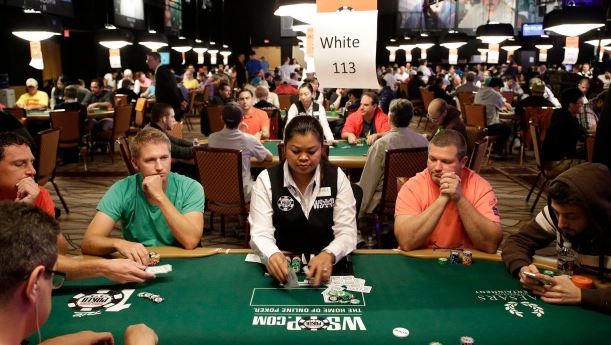In the realm of online gaming, few experiences rival the intensity, strategy, and thrill of online poker. It’s a virtual arena where players from around the globe gather to test their skills, luck, and wit against one another. But beyond the superficial allure of winning chips and mastering the game’s mechanics lies a rich and intricate world waiting to be explored. Welcome to the depths of online Superceme, where the game transcends mere gambling and becomes a complex interplay of psychology, strategy, and human interaction.
At its core, poker is a game of skill disguised as a game of chance. While luck certainly plays a role in individual hands, the long-term success of a player is determined by their ability to analyze probabilities, read opponents, and make calculated decisions. This strategic depth is what sets poker apart from other casino games, attracting a dedicated community of players who constantly seek to refine their skills and push the boundaries of the game.
In the online sphere, poker takes on a new dimension. With the click of a mouse, players can access a vast array of games, tournaments, and stakes, all from the comfort of their own homes. This accessibility has democratized the game, allowing players of all backgrounds and experience levels to participate and compete on equal footing. Whether you’re a seasoned pro or a novice enthusiast, there’s a place for you at the virtual poker table.
But perhaps the most fascinating aspect of online poker is the psychological element. In a traditional casino setting, players must rely on physical tells and body language to gain insights into their opponents’ intentions. In the online world, however, these cues are stripped away, forcing players to adapt and develop new strategies for reading their opponents. From betting patterns to timing tells, the virtual arena is a breeding ground for deception, bluffing, and mind games.
Moreover, online poker offers a level of anonymity that can both liberate and complicate the player experience. Behind the veil of a screen name, players are free to experiment with different personas, playing styles, and strategies without fear of judgment or consequence. This anonymity can foster a sense of detachment and freedom, allowing players to focus purely on the game at hand. However, it can also create a sense of isolation and disconnect, as players struggle to forge meaningful connections in a virtual environment.
Despite these challenges, online poker has spawned a vibrant and tightly-knit community of players who share a passion for the game. From online forums and chat rooms to social media groups and streaming platforms, players have found countless ways to connect, collaborate, and celebrate their shared love of poker. In this virtual ecosystem, friendships are forged, rivalries are born, and knowledge is exchanged freely, enriching the player experience and driving the evolution of the game.
In conclusion, online poker is far more than just a game of chance or a means of winning chips. It’s a complex and dynamic ecosystem that offers endless opportunities for exploration, learning, and growth.
